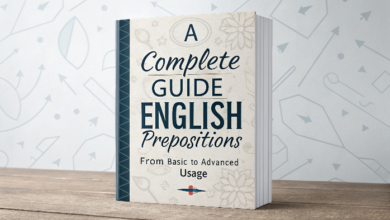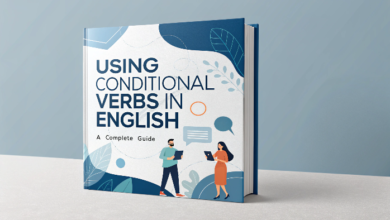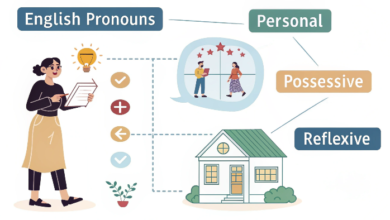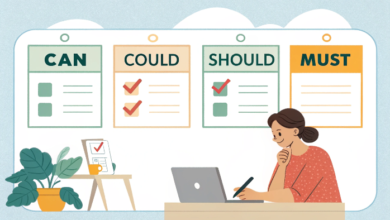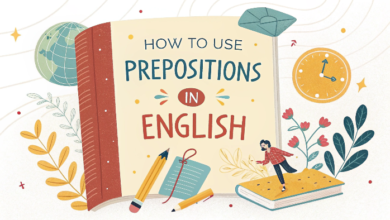Common English Verbs: Learn with Practical Examples
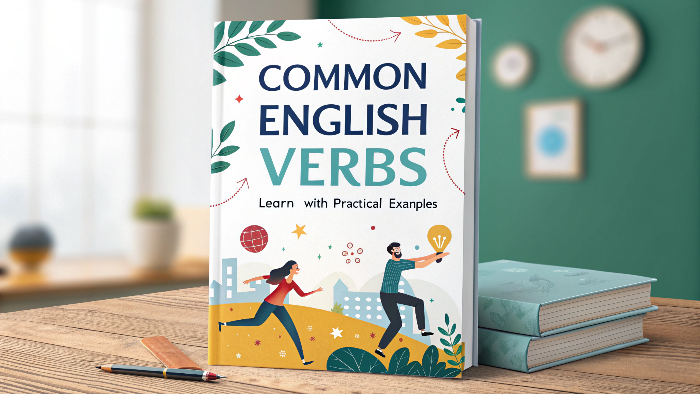
Common English Verbs: Learn with Practical Examples
Verbs are essential to communication in any language, and English is no exception. They express actions, states, or occurrences, and mastering them is a crucial step toward becoming fluent.
In this guide, we’ll explore some of the most common English verbs, providing practical examples and exercises to help you understand and use them effectively. By the end of this article, you’ll have a solid foundation in how to use these verbs in everyday conversations and writing.
What Are Common English Verbs
Common English verbs are the building blocks of many sentences. These verbs include both regular and irregular verbs that are frequently used in daily conversations.
They convey a variety of actions, emotions, and states of being. Understanding and using these verbs correctly is key to improving your overall language skills.
Examples of Common English Verbs:
Be – to exist or live
Have – to possess or own
Do – to perform an action
Go – to move from one place to another
Make – to create or form something
Take – to acquire or obtain something
Get – to receive or obtain something
Give – to offer something to someone
Say – to speak words
See – to perceive with the eyes
These are just a few of the most common verbs you’ll encounter. Let’s look at how to use them in sentences.
How to Use Common English Verbs in Sentences
Here are examples of how to use common English verbs in sentences:
Be
She is a teacher.
They are happy today.
I am going to the store.
Have
I have a car.
We have lunch at noon.
He has two children.
Do
I do my homework every evening.
She doesn’t do her chores.
What do you do on weekends?
Go
They go to the gym every morning.
I will go to the park later.
We went to a concert yesterday.
Make
He makes breakfast every morning.
I will make a cake for her birthday.
She made a beautiful painting.
Take
Please take the book from the shelf.
I take the bus to work.
She took a picture of the sunset.
Get
I get up at 7 AM every day.
He got a new phone for his birthday.
They got married last year.
Give
She gave him a gift.
I will give you the answer tomorrow.
They gave me a warm welcome.
Say
She says she will be late.
I didn’t hear what he said.
He says the meeting starts at 9 AM.
See
I see a dog in the park.
She saw a movie last night.
Can you see the difference?
Regular and Irregular Verbs in English
While learning common English verbs, it’s important to understand the difference between regular and irregular verbs.
Regular Verbs: These verbs follow a predictable pattern. To form the past tense, you simply add -ed to the base verb. Examples:
work → worked
play → played
watch → watched
Irregular Verbs: These verbs do not follow a standard pattern, and you need to memorize their past forms. Examples:
go → went
eat → ate
take → took
For more, go to the next page

